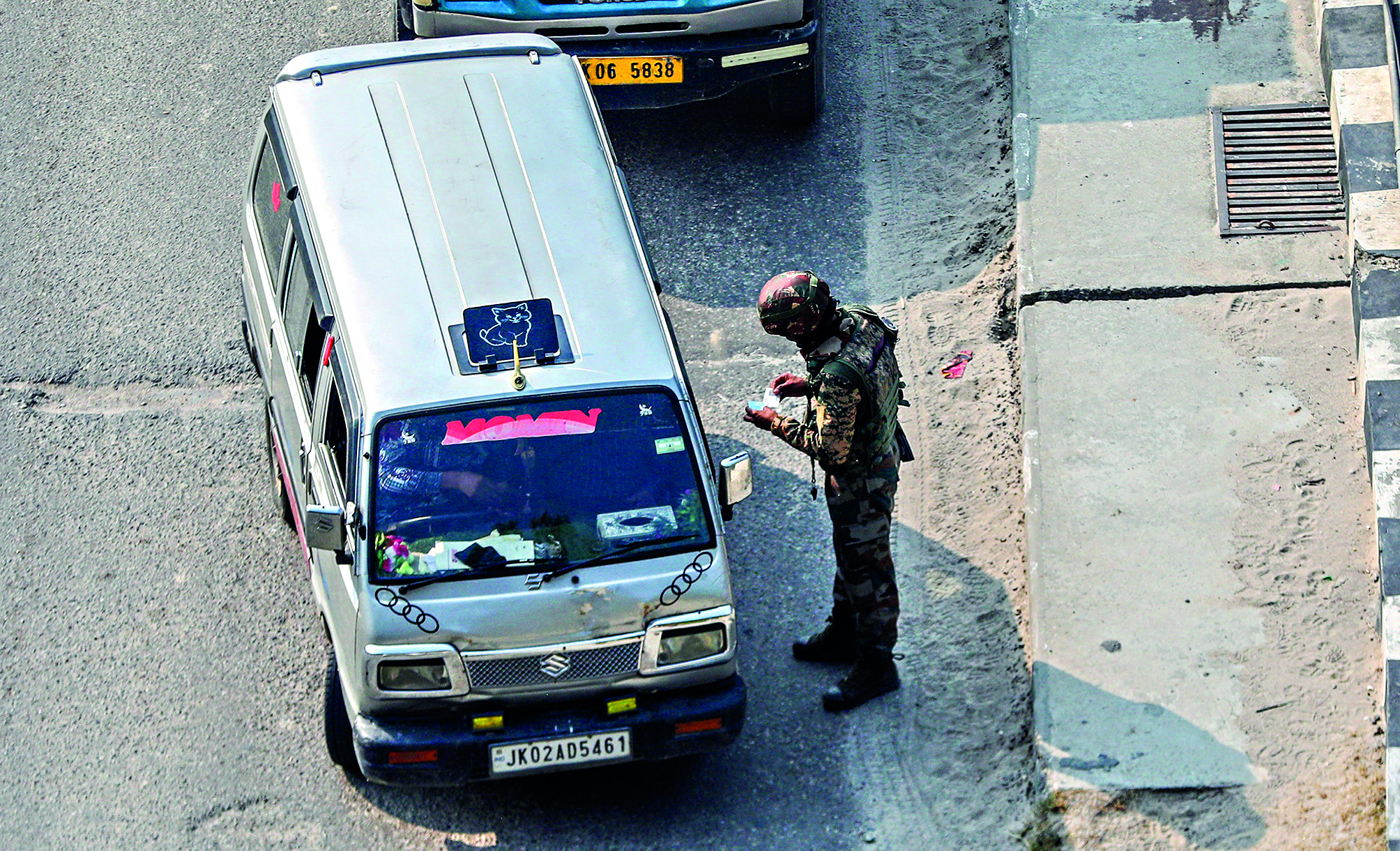Army continues to navigate challenges in Jammu’s counter-terror campaign

NEW DELHI: The encounter between Army personnel and heavily armed terrorists in the Doda district of the Jammu region is the latest in a series of worrying and deadly terror attacks, resulting in the loss of four Army soldiers, including a Captain. This encounter is a grim indicator that the Jammu region, previously free from militant activities, has become a hotbed of increasing terror activities over the past three to four years.
The surge in terror activities in the Jammu region, particularly after the abrogation of Article 370 in 2019, is evident as two quick terror attacks targeting Army personnel took place this week. Last Monday, five soldiers succumbed to injuries after militants ambushed an Army vehicle in the mountainous Machedi area of the Kathua district. Before that, a soldier was wounded when militants opened fire on an Army camp in Galuthi village, Manjakote, in Rajouri.
Apart from the reactivated Jammu region, the Kashmir Valley has also not been totally free from occasional incidents of terrorism. In the Kulgam district, two soldiers were killed in two encounters. Though the Union Territory of Jammu and Kashmir shows a gradual but overall tendency toward tranquillity, recent terror incidents underline the fact that cross-border terrorism continues to persist in the Kashmir Valley and is surging in the Jammu region.
The Jammu region has 10 districts: Jammu, Doda, Kathua, Ramban, Reasi, Kishtwar, Poonch, Rajouri, Udhampur, and Samba. The topography of these districts is a mix of forests and rugged mountains, which offer hiding spaces for terrorists as well as escape routes. Harsh weather conditions and inhospitable terrain compound the challenges for the Army in carrying out anti-terror operations and surveillance.
To make matters worse, some of the key routes are located in proximity to the Line of Control (LoC), making it easy for terrorists to infiltrate from across the border and use these routes as escape paths. Clearly, the message from recent terror attacks in the Jammu region is that Pakistan-backed terrorists and their groups will continue their attacks to create instability and fear in the region, particularly after a relatively calm and peaceful environment has prevailed in the Kashmir Valley.
Security experts point out that terrorists have carefully avoided detection by security forces by evading digital or airwave footprints. The lack of human intelligence has also contributed to the challenges in pinpointing counter-terror operations. Former Army Chief General Manoj Pande noted in January that the lack of human intelligence was one of the critical factors hindering anti-terror operations in the Rajouri-Poonch area of the Jammu region.
The worrying aspect is that small terrorist groups and infiltrators, backed by Pakistan, have carried out attacks in regions where the dominance of security forces has diminished since the Ladakh military standoff began, as the Army had to divert some of its forces there, experts say.
Former Northern Army Commander Lt-General (Retd) D. S. Hooda said the planning for the activation of new areas in the Jammu region has been carried out in Pakistan. In deciding its response, India will need to consider how deterrence against terrorism can be achieved through a more coercive posture. India will also have to refine its strategy towards Pakistan on multiple fronts.



